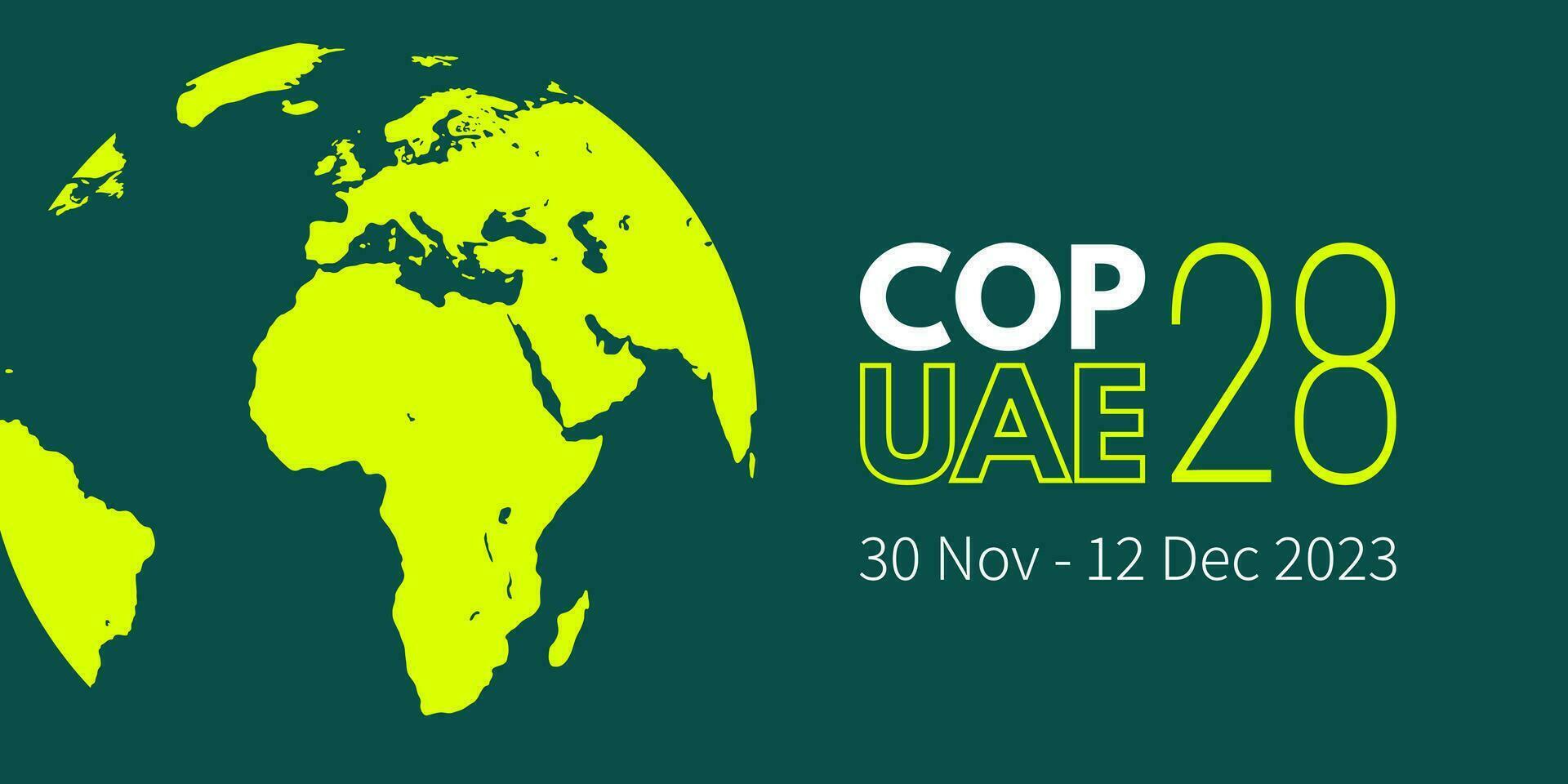- Home
- News & Information
- News
Press Statement on the Key Outcomes of COP 28
Posted on: 2024-03-14 12:27:06

Scientific evidence shows that a temperature rise of 1.5ºC above pre-industrial levels would lead to undesirable development challenges and temperatures above 2°C would lead to irreversible consequences on the global ecosystems. Limiting global warming to 1.5ºC would require rapid, far-reaching, and unprecedented changes in all aspects of society. In 2015, the parties to the Paris Agreement pledged to limit the average temperature rise to below 2 degrees, while actively aiming for 1.5 degrees above pre-industrial levels. This was endorsed as a global target by the Intergovernmental Panel on Climate Change (IPCC) in 2018 and since then has been pursued in all climate dialogues. One of the recommendations for limiting global warming was the shift from the use of fossil fuels and coal to cleaner energy sources.
While Africa accounts for approximately 3.8% of global carbon dioxide emissions, it is the most vulnerable in terms of climate impacts on the environment and economic development. The continent has started to take the decarbonization agenda as a priority with several African countries signing up to the Paris Agreement and agreeing to include climate resilience and low carbon emissions in their respective Nationally Determined Contributions (NDCs). Some African countries have also made commitments to reduce their greenhouse gas (GHG) emissions by up to 55% by 2030. South Africa, for example, government committed to cutting emissions by a further 28% by 2030, compared with the country’s 2015 pledge.
COP 28
The 2023 United Nations Climate Change Conference Of Parties (COP 28) Summit occurred in Dubai, United Arab Emirates from November 30 – December 12. The COP 28, provided an opportunity for governments to reflect and rejuvenate a collective momentum crucial to driving global ambition and climate action. The conference has since made new commitments and declarations for new climate initiatives to achieve substantial progress under the Global Climate Action Agenda. The outcome areas of COP 28, were; fast-tracking a just, orderly, and equitable energy transition; fixing climate finance; focusing on people, lives, and livelihoods; and underpinning everything with full inclusivity.
The Ugandan government also utilized COP28, to renew its commitments, by launching the government's Energy Transition Strategy. This is a key step towards the realization of pillar number one set by the COP 28 presidency “fast-tracking a just, orderly, and equitable energy transition”. The energy transition strategy aims to fully mobilize national energy resources and potentials; bringing energy to the top of national agendas; and taking approaches that put the country directly on innovative, low-carbon energy development pathways, while avoiding the fossil fuel lock-in now facing most industrialized and emerging economies.
KEY COP 28 OUTCOMES
The Global Stocktake outcome in Dubai dubbed the UAE Consensus, covered the full scope of climate issues, sending critical signals for energy, transport, and nature, and providing direction for the next round of national climate commitments (NDCs) due in 2025. The key outcomes of the UAE Consensus include:
• A Call for the parties to “transition away from fossil fuels in energy systems, in a just, orderly and equitable manner, accelerating action in this critical decade, to achieve net zero by 2050.” This signifies both a rapid near-term shift away from fossil fuels and a long-term direction of travel to a zero-carbon future. The outcome also included an agreement to triple the world’s renewable energy capacity and double its energy efficiency by 2030. • Loss and Damage Fund Operationalization. The fund is designed to help climate-vulnerable countries deal with climate impacts that go beyond what people can adapt to.
• The Green Climate Fund (GCF) received a boost to its second replenishment with six countries pledging new funding at COP28 with total pledges now standing at a record USD 12.8 billion from 31 countries, with further contributions expected.
• Framework for the Global Goal on Adaptation established, but Finance Lacking. This is a goal to enhance adaptive capacity, strengthen resilience, and reduce vulnerability to climate change. However, the targets were not quantified, nor did they include financial and other support for developing countries.
• The COP28 outcome sent most finance issues to COP29, with the adoption of a new climate finance goal — called the New Collective Qualitative Goal (NCQG)
WHAT NEXT?
• Uganda has to turn the COP 28 decisions into reality. Uganda needs to align its next NDC reporting 2025, with the new COP 28 Outcomes by incorporating strong targets.
• Review the relevant energy sector policies, laws regulations to align them with the Energy Transition Plan commitments.
• Develop a funding mechanism for the Energy Transition Plan. The implementation of the plan cannot be achieved without funds.
• Design strategies to achieve a participatory, fair, inclusive, implementation of the Energy Transition Plan.
• Mobilization of financing to ensure a just energy transition including additional financing for climate actions such as adaptation and resilience.
• Develop a strong and participatory monitoring framework for the energy transition plan.
Uganda needs to turn the goals expressed at COP28 into national action and ensure that the finance is available to implement them. The UAE Consensus should be translated into Uganda’s next round of NDCs and transformative domestic legislation and policies.
PDF VersionMore News
Past Event
High-Level Policy Dialogue on the Budget
Press Release: Global Corporate Tax Deal – An African Perspective
GFI & ACODE Evaluate the Key Elements, Opportunities, and Challenges of the OECD/G20 Tax Deal
Speech by Mr Emmanuel Tumusiime-Mutebile, Governor of the Bank of Uganda, at ACODE Dialogue on 25 February 2015
The impact of oil price volatility and its implications for the economy and for macroeconomic stability
Press Release
Press Statement on the Key Outcomes of COP 28
